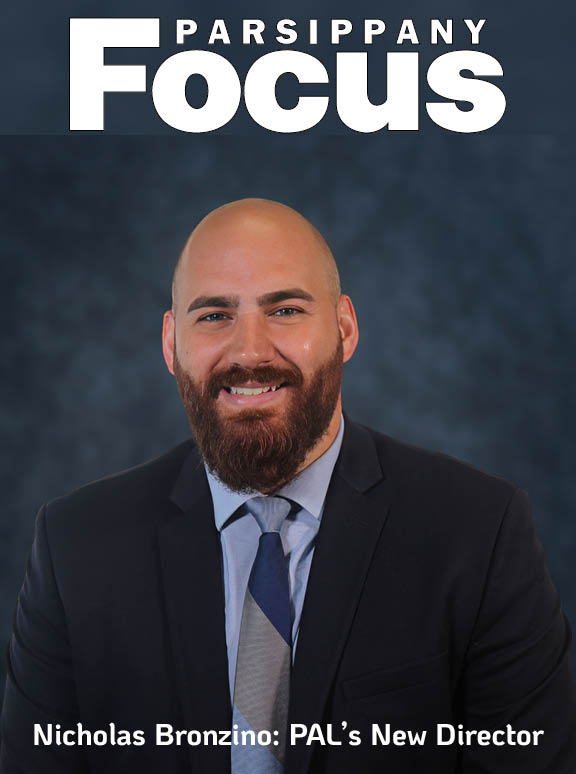EAST HANOVER — East Hanover’s Chief of Police Christopher F. Cannizzo has reached out to residents regarding the newly passed marijuana laws in the state of New Jersey. His letter to the public is listed below:
Hello all, I have been getting numerous inquires regarding the new marijuana law and how it pertains to our community.
This new law contradicts every measure that our Police Department has ever taken, in the past, to work collaboratively with parents and guardians to protect our children. I along with several other of my officers have been involved in programs such as DARE/LEAD and S.R.O. and coaching athletic Programs.
One of the East Hanover Police Department’s strengths has been its renewed ability to foster positive relationships with the community – in particular, our juveniles – and to build relationships of mutual trust with them.
Last week when our Governor signed three bills into law that decriminalize marijuana, and which direct that previous conviction and/or pending cases for marijuana possession be dismissed. This was fully expected, as an overwhelming majority of New Jersey residents recently voted to have marijuana legalized in this state. I fully support the will of the people, and the power of our elected legislators to enact laws that reflect that. However, what was not expected, was for these very laws to deny parents and guardians access to basic information regarding their children’s marijuana and/or alcohol use.
I fully believe as a parent/guardian we deserve and have a right to know when our children are involved in dangerous situations. What do we mean? Well, let me tell you about certain aspects of these new laws, which came as a complete surprise to me – and to most of us.
When officers now encounter juveniles who are in possession of marijuana and/or alcohol, the following restrictions apply:
– The odor of marijuana and/or alcohol no longer constitutes “reasonable articulable suspicion” to initiate the stop of a person under the age of 21, and it no longer provides probable cause to search that person’s personal property and/or vehicle;
– The unconcealed possession of an alcoholic beverage and/or marijuana observed in “plain sight” shall no longer constitute “probable cause” to initiate a search of a person under the age of 21, or that person’s personal property and/or vehicle to determine a violation of any law.
– A person under the age of 21 who possesses marijuana and/or alcoholic beverages shall no longer be arrested, detained, or otherwise taken into custody, “except to the extent required to issue a written warning.”
– For any person under the age of 21 who possesses marijuana and/or alcoholic beverages as a first offense, these new laws forbid officers to contact his/her parent or guardian to advise him or her of such.
To apply these new laws to a “real-life” situation, if an officer observes a 12-year-old – or a juvenile of any age – consuming alcohol and/or smoking marijuana in violation of the law, that officer CANNOT contact the juvenile’s parent or guardian – unless this behavior has been previously documented. Unless that child chooses to share this information, his or her parents or guardians will never know.
What presents itself as most problematic – and disconcerting – is the inability of the police to freely communicate with the parents and guardians of our children.
The East Hanover Police Department has always sought to divert juveniles from the criminal justice system, by pursuing “non-punitive” measures for the vast majority of criminal offenses. Only in the most serious of situations does it ever pursue juvenile delinquency complaints against children. We have always worked closely with school officials to keep our children safe, to ensure there are open lines of communication with parents and guardians, and to provide referrals and access to programs and services that empower healthy, sound, and safe decision-making.
We see certain aspects of this new law not only as counterproductive but also a serious detriment to the safety of our children – and downright contrary to your very rights as parents and guardians.
Christopher F. Cannizzo
Chief of Police














